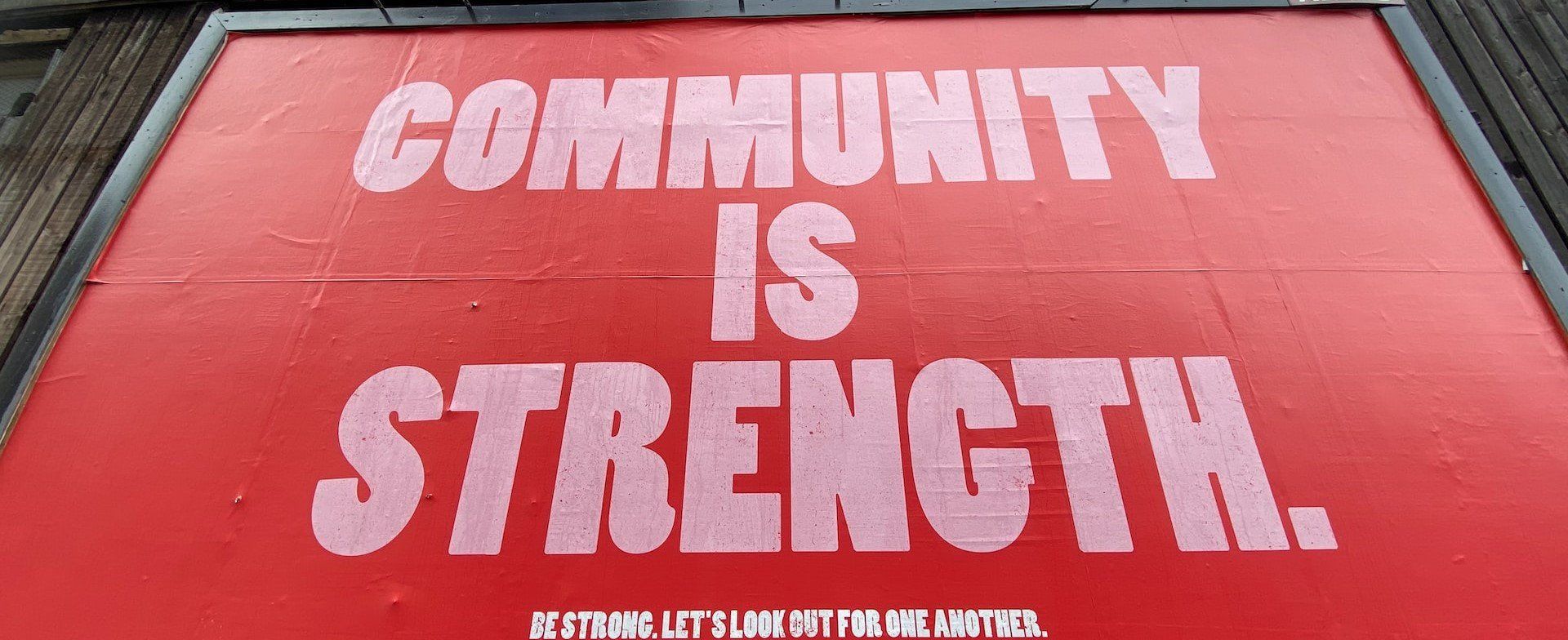Learn more about my book "The Courageous Ask"
Can a Board of Directors Contribute to the Fall of a Nonprofit Leader? (Part 2)
The answer to the question that titles this article is yes.
This article is the second part of a larger article written to acknowledge the difficulties of being on a board that bog the directors down, drawing their attention away from those things that can make or break an organization, including a leadership fall.
From part one of this article: “Too many times a board's internal struggles take the focus away from those things most important to the nonprofit, including the proper monitoring, mentorship, and care of an executive. These internal struggles can include governance disagreements, board member recruitment and retention, differing levels of commitment, time constraints, onboarding and training, etc.”
In the previous article I also wrote about a survey that was conducted by interviewing 924 board members, many of which reported: Fellow board members do not understand the mission and strategy of the organization, fellow members lack experience, they are not engaged and don’t understand their obligations as a director. A large majority reported that they have had a serious governance-related issue within the last 10 years.
This is their opinion of their own colleagues.
(This article is the eighth in a series that focuses on starting a conversation centered on preventing the fall of nonprofit leaders. I write it from a Christian perspective, but all leaders will benefit. Be sure to sign up to receive these articles via email every Tuesday at briankreeger.com. In addition to receiving these articles two days before they hit social media, you will receive the Introduction and the Appendix (My story) to my upcoming book, The Courageous Ask: A Proactive Approach to Prevent the Fall of Christian Nonprofit Leaders.)
It all starts in the beginning. According to BoardSource, “Nothing is more important to the health and sustainability of your organization than getting highly qualified and enthusiastic people to serve on your board. But many organizations struggle to identify the right leaders.”1
Oh, how true that is. Keeping the board vibrant and fresh is one of the biggest challenges of a nonprofit organization. Some do it well, but most struggle.
BoardSource also reports that 58 percent of nonprofit leaders find it difficult to recruit new board members.
Every leader wants brilliant talent on their board that just happens to have a high level of experience and a vast network for raising funds.
I have served on boards that are very purposeful when considering potential new members they would like to recruit. And it shows. But I have also served on boards that attempt to fill slots on the board at all costs. And it shows.
Sure, they have standards, but those standards fluctuate depending on the need. I have watched boards bend standards that were developed based on their core principles in the recruiting of new board members, principles that make them who they are. When standards are contorted, we like to think the potential board member doesn’t see it. But they do.
This can start a cycle in their personal board membership that bends standards and makes them a sloppy member of the team, as standards and expectations come across as flexible.
In 2017, Heidrick & Struggles joined with the Antonin Scalia Law School at George Mason University in surveying board directors about governance practices.
About half of the board members surveyed stated that their boards had some type of onboarding process. Less than half of the directors who responded to the survey indicated that their organization’s onboarding process had properly prepared them for their board duties.2
Here we find two of the most important phases of board membership that are lacking: proper recruitment and proper onboarding. Unfortunately, as statistics show, too many nonprofit boards fail to recognize the importance of the needed early investment in the proper execution of these two critical areas. This leaves board dysfunction right around the corner.
A board of directors does not differ from all of society, encompassing a diverse work ethic, from those that go overboard to those that struggle in meeting the minimum commitment. This is why clear expectations need to be discussed at the beginning of board service.
The varying levels of commitment of board members can cause friction between individual board members, and between the board and paid staff.
Again, this struggle can cause a board to lose focus on the things that are important such as organizational growth, financial management, and the monitoring of the executive.
And where are the lines? The lines are those unwritten boundaries where a leader’s (board member or executive) words and actions can become inappropriate or unproductive.
Examples of the lines that may get crossed might be the length of meetings, when the discussion of a topic gets cut off, what topics are taboo and don’t get discussed, amount of operational guidance, level of commitment of board members, or many elephant-in-the-room topics.
The crossing of some imaginary lines can cause friction within a board of directors. The crossing of the lines can cause division among a board, causing factions to be created with plenty of parking lot conversations.
I believe strongly that a vibrant, forward thinking board must cross lines. Leaders must have courage in order to cross the lines and challenge the status quo for the betterment of the organization. But doing so positively, in a way that communicates a focused interest in the organization's advancement, is absolutely key.
It takes a masterful board chair to navigate these waters, as it is very difficult. This is yet another challenge that can cause friction and remove the focus of individual board members, as well as the board as a body, from the important tasks at hand- including the proper monitoring and care of the organizational leader.
There are any number of issues that can pop up in the operation of a nonprofit organizational board that can pull focus away from those things most important to that organization. I have only mentioned a few.
I’ve not even broached the topics of interpersonal issues, perceived conflicts of interest, power struggles, micromanagement, organizational direction disputes….and on and on and on.
The important part is to recognize that most of these issues take away from a board’s proper focus on those things that brought them together to better the community through their nonprofit; those things that will govern the organization to increased success and impact.
As noted in the documented statistics, most nonprofit boards will deal with these issues from time to time.
A board of directors sits in a unique position as the true leadership of the entity. As related to the struggling executive, they can help that leader to successfully survive attacks and temptations to their humanness. Through their own dysfunction and struggles, they can also contribute to the fall of that same leader.
But they must pay attention.
A board of directors must be in a position that finds their own house in order, so they can focus on those factors that make a nonprofit healthy and vibrant. Yes, those things include the health of their top executive.
So, yes, a board of directors can contribute to the fall of their executive leader.
So far in this series concerning a proactive approach to prevent the fall of nonprofit leaders I have laid a foundation by writing about how a leadership fall can impact an organization, the fact that it can happen in any organization, and the problems that can lead to the fall.
Next week I will start the road back. I will start writing about the proactive approach to prevent the fall of nonprofit leaders. We all have a role.
There IS hope.
Be sure to check it out.
Be sure to sign up to receive these articles via email every Tuesday at briankreeger.com. In addition to receiving these articles two days before they hit social media, you will receive the Introduction and the Appendix (My Story) to my upcoming book, The Courageous Ask: A Proactive Approach to Prevent the Fall of Christian Nonprofit Leaders.
1“Board Recruitment,” BoardSource, 2013, https://boardsource.org/fundamental-topics-of-nonprofit-board-service/composition-recruitment/board-recruitment/.
2Association and Nonprofit Boards: Maximizing Effective Service report, visit http://www.heidrick.com/Knowledge-Center/Publication/Association_and_nonprofit_boards_Maximizing_effective_service
Brian@briankreeger.com
#Leadership Fall #Leadership Survival #Nonprofit Relationships #Proactive Approach #Board of Directors #Board Struggles #Board of Directors Struggles #Onboarding #Board Recruitment






